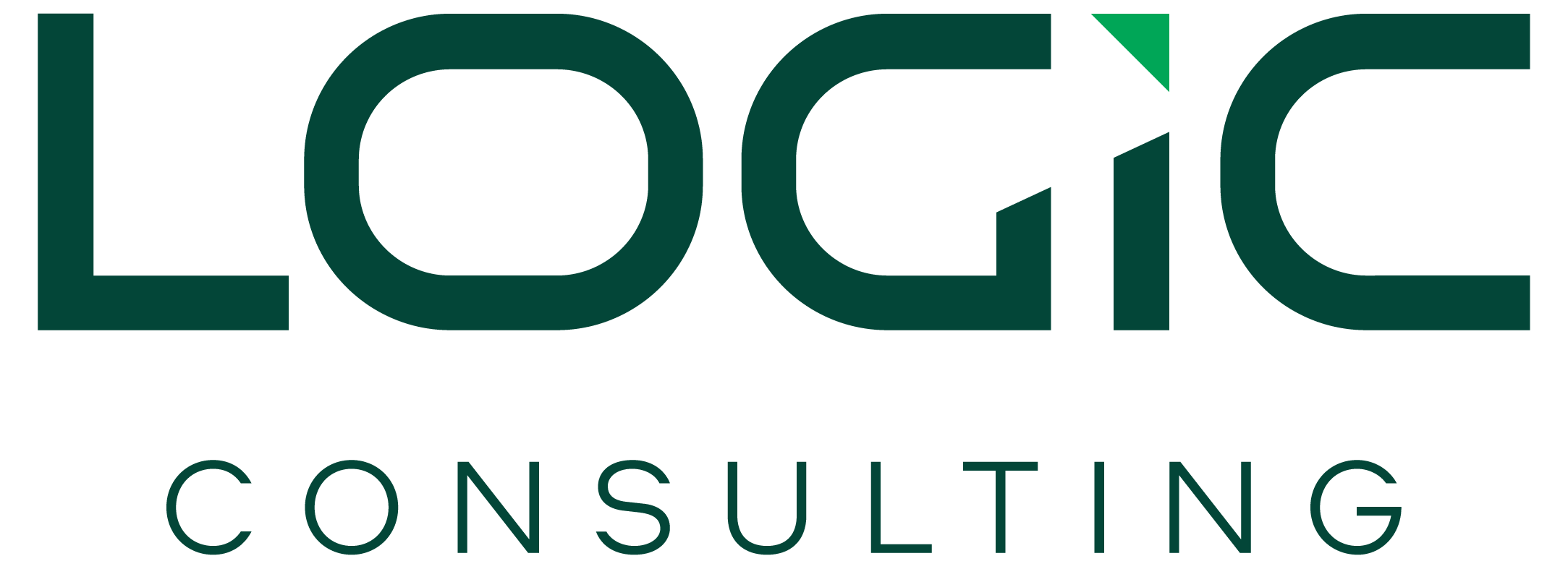- The Evolving Role of Family Offices: From Legacy Preservation to Modern Wealth Management
19th Century: The Birth of Family Offices
The concept of family offices emerged in the 19th century with the establishment of the Rockefeller Family Office in 1882 by John D. Rockefeller, a titan of the American oil industry. This model introduced three core principles that shaped family offices for decades:
- Wealth Management – Ensuring the family’s financial assets were carefully managed and strategically invested.
- Wealth Preservation – Structuring investments and inheritance plans to sustain family wealth across generations.
- Philanthropy – Establishing foundations and charitable initiatives to give back to society.
During this period, family offices were highly centralized, primarily investing in industries like oil and steel, which provided stable and predictable returns, ensuring long-term financial security. These first-generation family offices were typically founded by the wealth creators themselves, who maintained direct control over financial decisions—reflected in the fact that nearly 90% of family offices at the time reported active family involvement.
20th Century: Professionalization & Global Expansion
By the mid-20th century, economic industrialization and globalization demanded a more structured and strategic approach to wealth management. Second-generation family offices focused on:
- Diversified Investments – Expanding into real estate, finance, and consumer goods.
- Professional Management – Shifting from direct family control to employing financial experts and strategists.
- Impact Investing – Establishing large-scale charitable foundations (e.g., The Bill & Melinda Gates Foundation).
This era saw the rise of modern family offices, including Walton Enterprises LLC, which manages Walmart’s fortune. At the same time, GCC-based family offices began emerging, particularly in oil-rich nations like Saudi Arabia and the UAE. The Al Ghurair Group, founded in 1960, became one of the Middle East’s largest diversified family business groups, marking the region’s increasing influence in global wealth management.
21st Century: The Digital Revolution & New Investment Strategies
The 21st century has seen a radical transformation in family office strategies, driven by:
- Technology & Digital Assets – Investments in AI, big data, and fintech.
- Wealth Expansion Over Preservation – Younger generations favor high-risk, high-growth investments.
- Impact Investing – A rising focus on sustainability, ESG compliance, and ethical investments.
Millennials and Gen Z heirs are reshaping investment strategies, favoring venture capital, cryptocurrency, and tech startups over traditional asset classes. They embrace risk as a driver of high returns, leveraging AI-driven analytics and machine learning for smarter decision-making.
Leading this transformation are tech-centric family offices, such as:
- Bezos Expeditions – Jeff Bezos’ family office, investing in space exploration, AI, and disruptive tech.
- Cascade Investment – Bill Gates’ family office, focusing on sustainable and long-term investments.
Meanwhile, GCC-based family offices like The Private Office of Sheikh Saeed Al Maktoum and The Bin Zayed Group are actively investing in digital transformation, fintech, and AI-driven enterprises, positioning themselves as major players in the global tech economy.
The New Role of Family Offices: Driving Innovation & Impact
Family offices have evolved from traditional wealth management entities into powerful investment forces, shaping the future of global finance. With younger generations at the helm, these offices are increasingly prioritizing technology investments and impact-driven strategies, aligning their financial goals with sustainability, innovation, and long-term societal benefits.
- Investing in Technology: Transforming Wealth Management
Technology is at the core of modern family office strategies, not only reshaping their investment portfolios but also enhancing how they operate. The shift toward AI, fintech, and blockchain has enabled family offices to make faster, smarter, and more secure investment decisions. Their tech investments now span:
- Artificial Intelligence, Fintech & Blockchain – Supporting the development of next-generation technologies & financial solutions.
- Tech Startups – Funding early-stage companies driving digital disruption.
- Strategic Partnerships with Tech Firms – Collaborating with innovators to stay ahead of market trends.
GCC Family Offices Leading the Way
Several prominent GCC-based family offices are taking the lead in tech investments:
- The Private Office of Sheikh Saeed Al Maktoum has backed cutting-edge ventures, including:
- Fantom Foundation (2019): A next-generation smart contract platform, improving blockchain efficiency.
- Servion Global Solutions (2021): A firm specializing in business technology solutions that enhance digital transformation.
- Kingdom Holding Company (Prince Alwaleed Bin Talal’s Family Office) made a landmark investment in Careem (2017), which later led to a $3.1 billion acquisition by Uber (2019)—a prime example of a high-value exit in the tech space.
- Impact Investing: Aligning Wealth with Purpose
Beyond financial returns, today’s family offices are increasingly investing with purpose, integrating Environmental, Social, and Governance (ESG) considerations into their strategies. Impact investing has become a core priority, ensuring that wealth creation drives positive societal and environmental change. Key focus areas include:
- Renewable Energy Startups – Investments in solar, wind, and hydrogen projects to support clean energy initiatives.
- Sustainable Real Estate – Funding eco-friendly smart cities across Dubai and Saudi Arabia.
- Green Tech & Biotech – Backing agritech and water sustainability solutions, crucial for food security in the GCC.
Regional Success Stories
- Pure Harvest Smart Farms, a pioneering agri-tech venture, has secured funding from major GCC investors, including Olayan Group, and Al-Futtaim family offices, highlighting the region’s commitment to food sustainability.
- Waad Investment, a Riyadh-based fund established by AlMajed and AlMisfer family offices, is bridging the financial gap for tech startups, supporting both innovation and sustainable economic growth.
-
Drivers Behind the Transformation of Family Offices
The evolving investment landscape of family offices is driven by a convergence of factors, including the engagement of younger generations, rapid technological advancements, and the need to adapt to emerging global challenges.
- The Engagement of New Generations
As younger generations take on a more active role in managing family wealth, they are reshaping investment strategies with a focus on technology, diversification, and sustainability. Their approach is characterized by:
- Digital fluency: Having grown up with technology, they possess a deep understanding of AI, blockchain, and fintech.
- Higher risk tolerance: More willing to explore investments in startups, cryptocurrencies, and emerging markets.
- Sustainability-driven mindset: Prioritizing ESG, climate-focused initiatives, and impact investing.
- Data-driven decision-making: Leveraging AI and predictive analytics for investment strategies and risk management.
Succession Planning & Governance
The increasing involvement of younger family members, with evolving family dynamics, underlines the need to focus on succession planning—ensuring that wealth, governance, and values transition seamlessly across generations.
Effective strategies, discussed during the Middle Eastern Succession Planning in a Growing Modern Economy panel, include:
- Encouraging transparent communication, discussing family values, financial goals, and expectations for the future.
- Providing a comprehensive financial education, including estate planning, tax implications, and investment diversification.
- Seeking professional expertise from wealth managers, estate planning attorneys, and family business consultants to navigate legal and financial complexities of succession.
- Adapting succession plans to the evolving economic and regulatory landscape of the region to remain relevant and effective over time.
- Actively involving the next generation in the planning and decision-making process to prepare them for leadership roles and strengthen their commitment to the family office.
- Introducing clear governance structures by defining roles and responsibilities for efficient decision-making and accountability across generations.
- Integrating philanthropy into succession planning to allow family members to express their values whilst managing their wealth and making a positive impact on society.
The Family Business Council Gulf (FBCG) also plays a role in helping families navigate the complexities of succession planning by promoting best practices in governance, fostering open communication, encouraging legal reforms, and attracting innovation-driven leaders.

